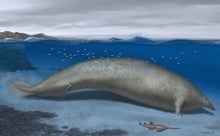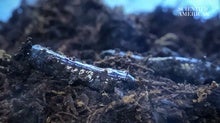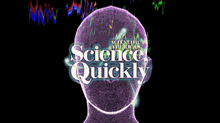 |
| August 04, 2023 |
 |
| |
| |
| |
| |
| |
| Genetics How Old Can Humans Get? An expert on aging thinks humans could live to be 1,000 years old—with a few tweaks to our genetic "software" | | | | |
| |
| |
| |
| |
| |
BRING SCIENCE HOME
 | | Shine Bright Like a...Penny! |  A chemistry activity that makes good cents Credit: George Retseck | "See a penny, pick it up—all day long you'll have good luck!" Maybe you've heard this phrase before, and maybe you've even stopped to pick up a lucky penny off the sidewalk. But sometimes those pennies you see on the ground look anything but lucky. They appear brown or black, and sometimes they're so dirty looking you can't even tell whether they're pennies! In this activity we're going to explore why pennies don't stay bright and shiny, and test different methods to bring their shine back! | |  | |
LATEST ISSUES
 |
| |
| Questions? Comments?  | |
| Download the Scientific American App |
| |
| |






















